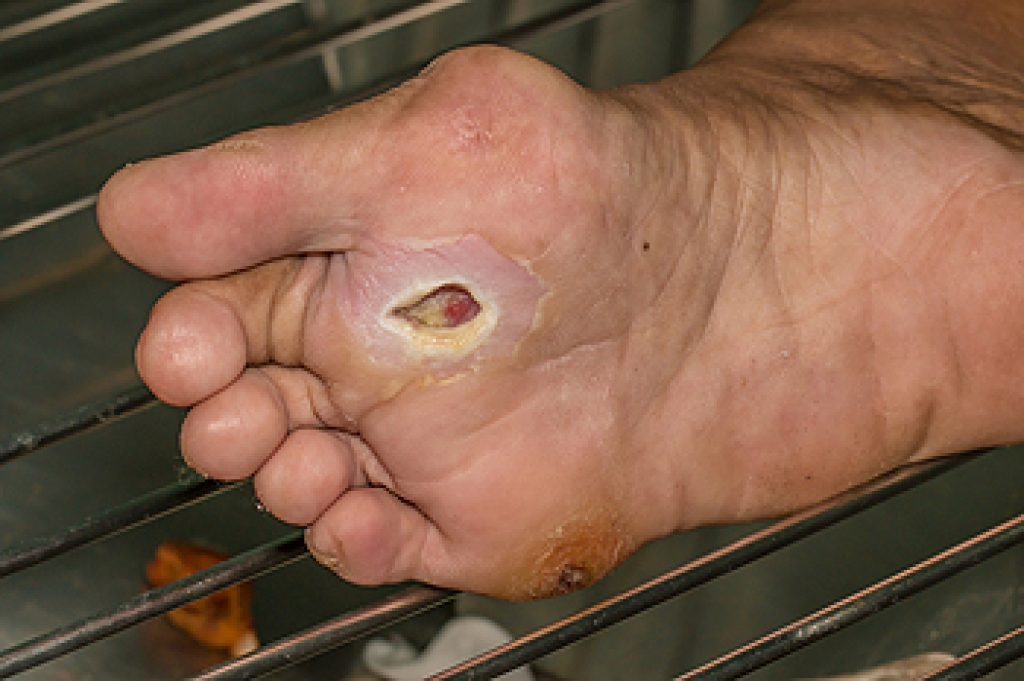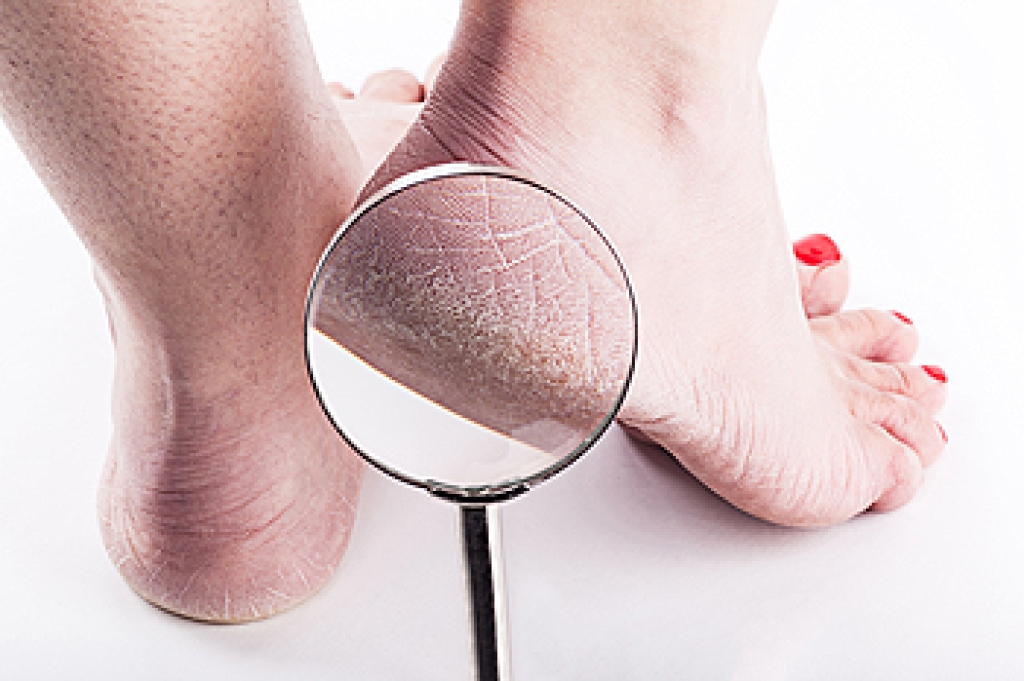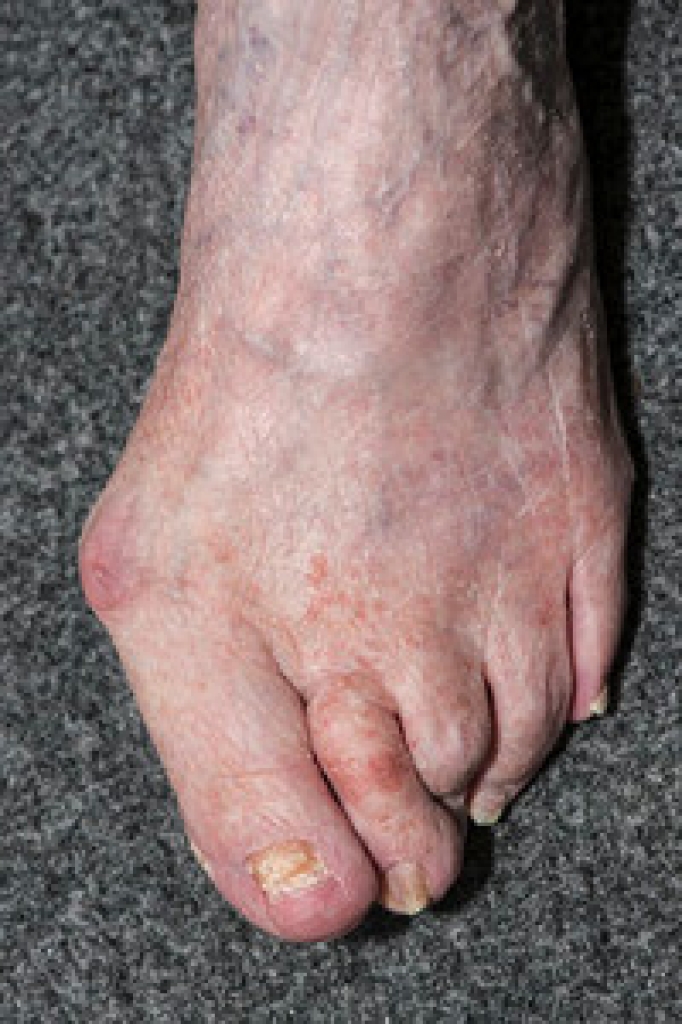If you are afflicted with diabetes, maintaining proper foot care is important in possibly preventing foot ulcers and infections from occurring. Cuts, wounds, and bruises on the feet may heal slower in diabeteic patients, and need to be addressed promptly. The elevated blood sugar levels may initiate a loss of feeling in the feet, and this may cause difficulty in feeling new or existing cuts that have developed on the feet. It is beneficial to practice proper foot care everyday. This consists of gently washing and drying the feet, and checking to ensure there is minimal swelling and redness. If you have diabetes, it is strongly suggested that you are under the routine care of a podiatrist who can properly monitor your condition.
Diabetic foot care is important in preventing foot ailments such as ulcers. If you are suffering from diabetes or have any other concerns about your feet, contact one of our podiatrists from PA Foot & Ankle Associates. Our doctors can provide the care you need to keep you pain-free and on your feet.
Diabetic Foot Care
Diabetes affects millions of people every year. The condition can damage blood vessels in many parts of the body, especially the feet. Because of this, taking care of your feet is essential if you have diabetes, and having a podiatrist help monitor your foot health is highly recommended.
The Importance of Caring for Your Feet
- Routinely inspect your feet for bruises or sores.
- Wear socks that fit your feet comfortably.
- Wear comfortable shoes that provide adequate support.
Patients with diabetes should have their doctor monitor their blood levels, as blood sugar levels play such a huge role in diabetic care. Monitoring these levels on a regular basis is highly advised.
It is always best to inform your healthcare professional of any concerns you may have regarding your feet, especially for diabetic patients. Early treatment and routine foot examinations are keys to maintaining proper health, especially because severe complications can arise if proper treatment is not applied.
If you have any questions, please feel free to contact one of our offices located in Allentown, Easton, Northampton, and Chew Street in Allentown, PA . We offer the newest diagnostic and treatment technologies for all your foot care needs.





